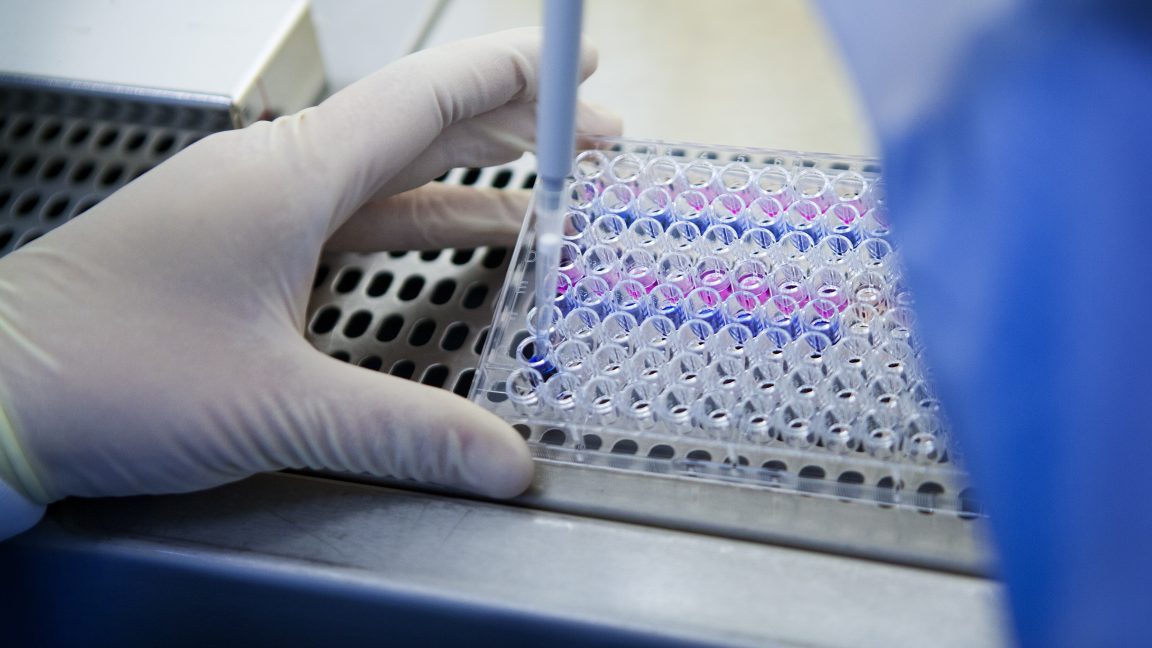
In 2022, Byrne and his colleagues, including two of us, found that suspicious genetics research, despite not immediately affecting patient care, patient care, Informs the work of scientistsincluding clinical trials. But editors are often slow to retract contaminated paperseven when it is alerted to obvious fraud. We find that 97 percent of the 712 problem research articles We identify remaining without correcting.
Potential solutions
Cochrane collaboration has A policy excluding suspicious studies from their medical evidence analysis and is developing A tool Detect problematic medical trials. And the editors have begun to Share data and technologies among them to combat fraud, including fraud.
New technology companies also offer help. The website Arguslaunched in September 2024 by Escitityan alert service based on sparks, Nevada, allows authors to verify Collaborators for retractions or misconduct. Morressier, a conference and scientific communications company in Berlin, offers Integrity tools research. Paper verification tools include Signalsby research signals based in London and Clear Skies’ Paper alarm.
But Alam recognizes that the fight against paper factories will not be won whenever the rumbing demand for documents remains.
Today’s commercial publication is part of the problem, said Byrne. Cleaning literature is a vast and expensive company. “Or we have to monetize corrections so that editors are paid for their work, or forget the editors and do it ourselves,” he said.
There is a fundamental bias in the profit for profit: “We pay you for accepting documents,” said Bodo Stern, former editor of Cell magazine and head of strategic initiatives at the Howard Hughes Medical Institute, a non -profit research organization and Chevy Chase Maryland financier. With More than 50,000 magazines In the market, bad newspapers bought enough time, they finally find a house, Stern said.
To avoid this, we could stop paying magazines for accepting documents and looking at them as public services that serve a greater good. “We should pay for transparent and rigorous quality control mechanisms,” he said.
Meanwhile, peer review “must be recognized as a true academic product, just like the original article,” said Stern. And magazines should make all pairs review reports publicly available, even for the manuscripts they reject.
This article was republished from The conversation Under a Creative Commons license. This is a condensed version. For more information on how scammers around the world use paper factories to enrich and damage scientific research, read the Complete version.
Frederik Joelving He is a collaborating editor in Retraction clock; Cyril Labbé He is a computer teacher at the Grenoble Alpes University (UGA); and Guillaume Cabanac He is a computer teacher at Toulouse Computer Research Institute.



